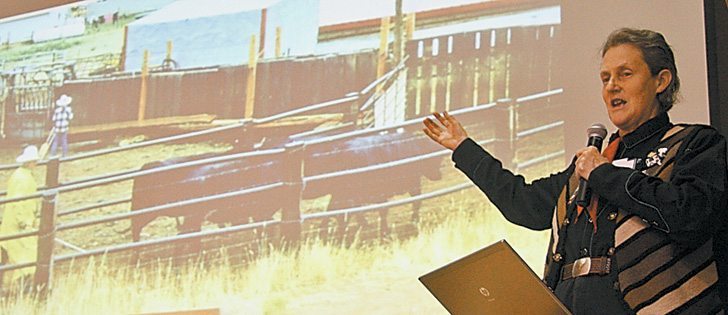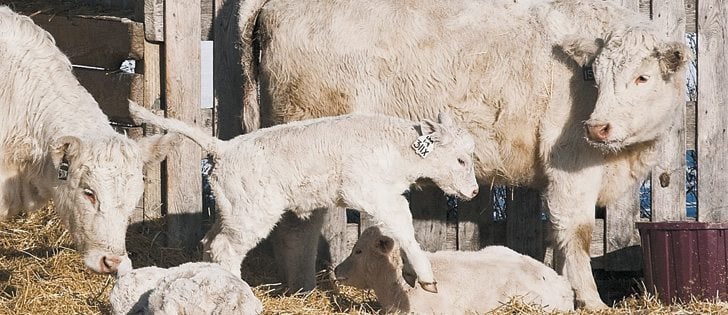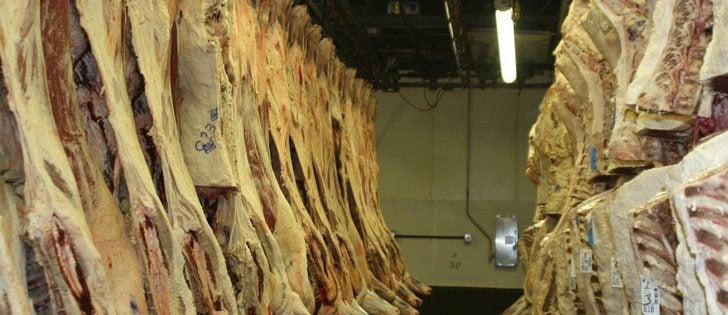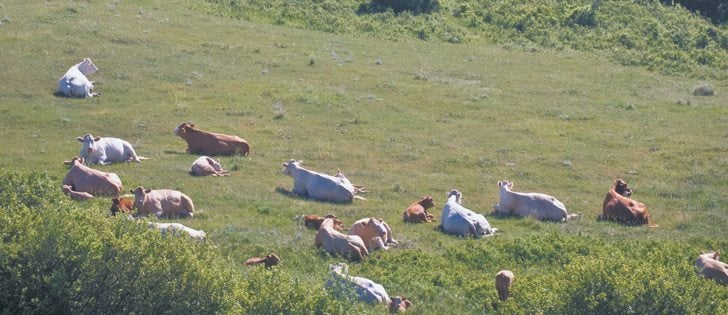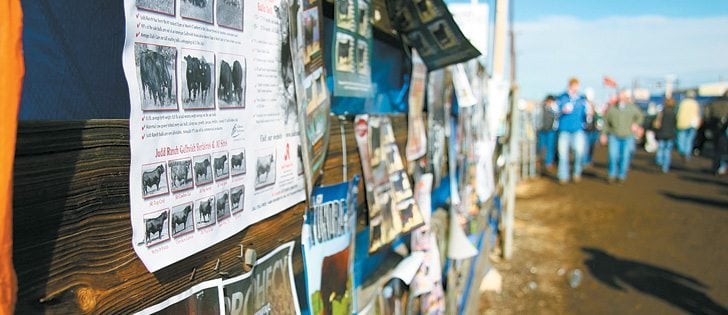SASKATOON — Saskatchewan beef producers have voted to double the provincial refundable checkoff to $2 per head, hoping to stem a tide of red ink.
The checkoff has been $1 since 1987, and raising it would put the province on par with British Columbia, Alberta, Manitoba, Ontario and New Brunswick.
Those in favour of the resolution put forward at the Saskatchewan Cattlemen’s Association annual general meeting said funding research and lobbying government costs money.
At least part of the increase is to cover escalating assessments from the Canadian Cattlemen’s Association. The assessment has risen from $209,954 in 2004 to an estimated $693,659 in 2012, according to information presented at the meeting.
Read Also
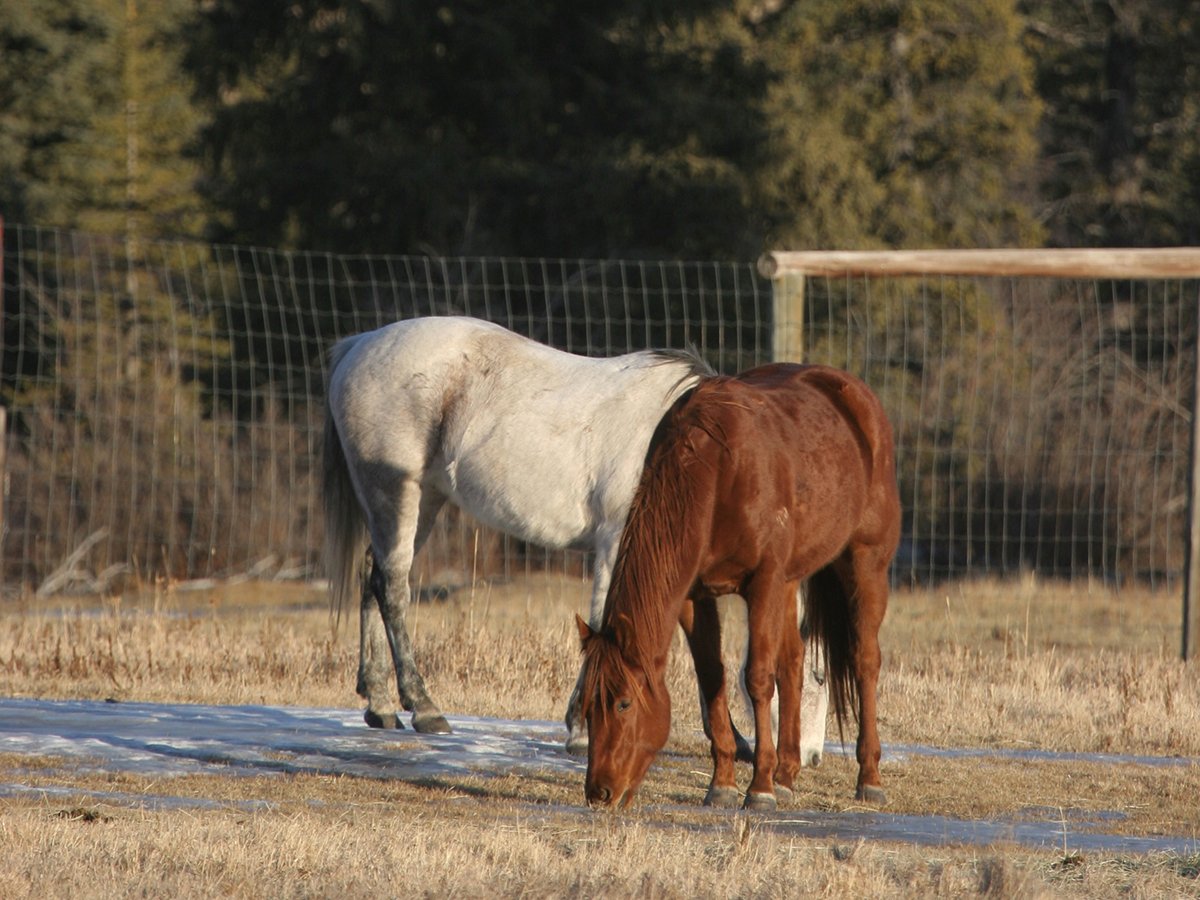
Why selenium is still an important factor in horse health
Selenium is an essential equine trace mineral that supports antioxidant defense, muscle integrity, immune function, metabolism and thyroid activity.
The percentage of the province’s contribution to the CCA budget was 17 in 2004 and an estimated 19.5 percent this year.
CCA president Travis Toews said there were a lot of expectations placed on CCA after BSE was discovered in Canada in 2003. In particular, costs for lobbying and legal advice rose.
Past-president Brad Wildeman said Alberta and Saskatchewan carried the load through the years immediately following BSE’s discovery, and there is no doubt some provinces have struggled to meet their assessments.
The SCA checkoff collected $2.58 million in the fiscal year ending July 31, 2011. The association also received $4.94 million from the Saskatchewan agriculture ministry, representing the balance of money accrued when the province administered the levy.
“In reality, the checkoff we estimate going forward will be anywhere from $2.2 million to $2.6 million,” said SCA director and finance committee member Bill Jameson.
However, he estimated the SCA would be out of money in seven years at the current rate of spending if the checkoff remained $1 per head.
The 2011-12 budget projects revenue of $2.3 million and expenses of $2.9 million for a loss of $632,000.
About $300,000 is earmarked for industry research and development funding and $1.8 million for national policy and trade advocacy, including the CCA and the national checkoff.
One producer asked how much the SCA is losing because of uncollected checkoffs.
Jameson said the issue has been identified but not quantified. The committee recently met with agriculture ministry officials to discuss the problem.
“We’ve established a game plan for auditing dealers,” Jameson told the meeting.
“I think there might be some misunderstanding on what cattle are deemed to need to pay checkoff and which aren’t. There is some slippage. We think it might be in the neigh-bourhood of 10 to 15 percent, but we’re not sure.”
Director David Stuart said there are other ways the association can miss out on collecting checkoffs. For example, more retained ownership means cattle aren’t going through the market several times before heading to the feedlot.
He said there are also issues the SCA will have to deal with on behalf of producers, such as animal welfare.
“We’re trying to work for the producers and it’s costing us money,” he said.
Another producer noted that cattle moving into Alberta from Saskatchewan are already paying $3. In those situations, Alberta Beef Producers sends $1 to the national checkoff, $1 back to Saskatchewan and keeps $1.
Agriculture minister Bob Bjornerud, who would ultimately approve a check-off increase after the Agri-Food Council passes an authorization order, said the SCA has been asked to do its work with less money.
“I’ll certainly look at this,” he said in an interview.
“We’re behind Alberta and Manitoba, so I think that also creates the need to be on a level playing field with our neighbouring provinces.”
Bjornerud said no producer wants to pay more checkoff, but the SCA represents every producer and requires money to do its job properly. Producers who don’t agree with what the SCA is doing can ask for a refund.
As well, all producers have the opportunity for input at the fall district meetings.
A resolution that would have limited the SCA to spending 25 percent of its budget on administration and operation was tabled until the next annual meeting.
The minister said it was a good sign that some producers questioned how the SCA is operating because it means they want the association to be accountable.




